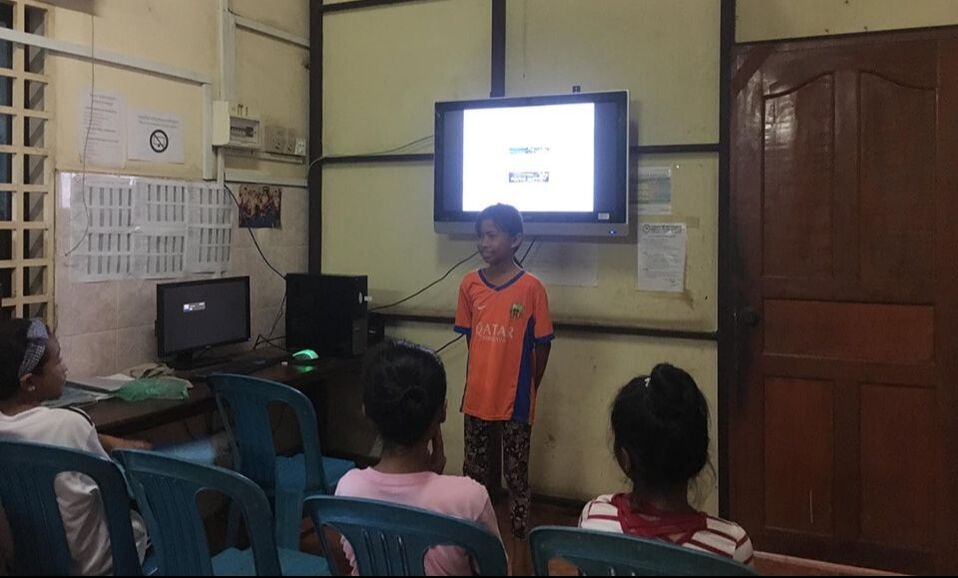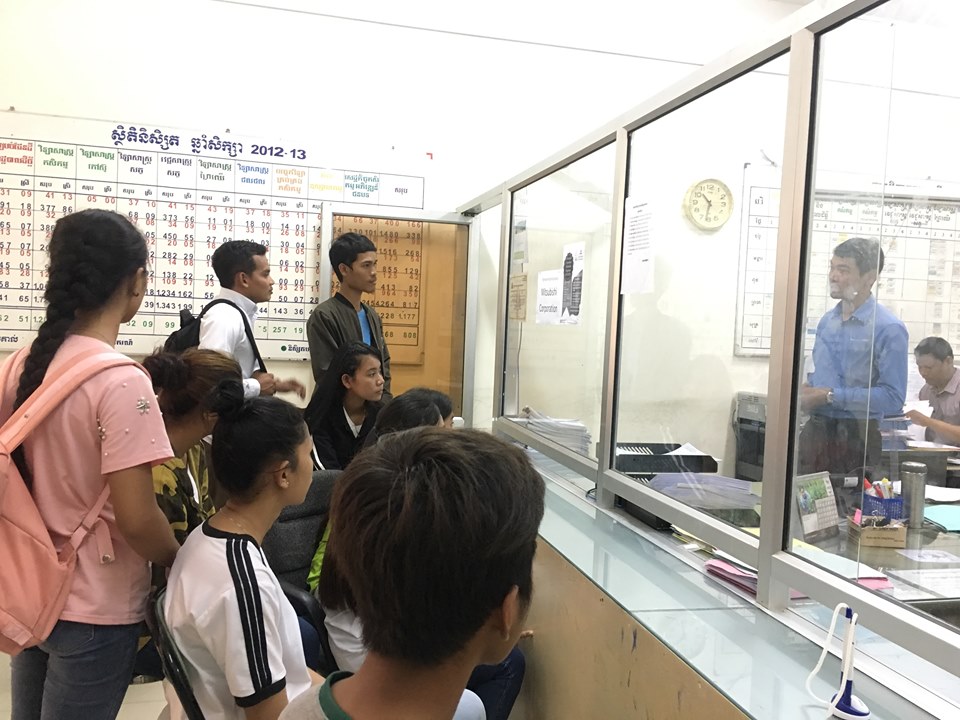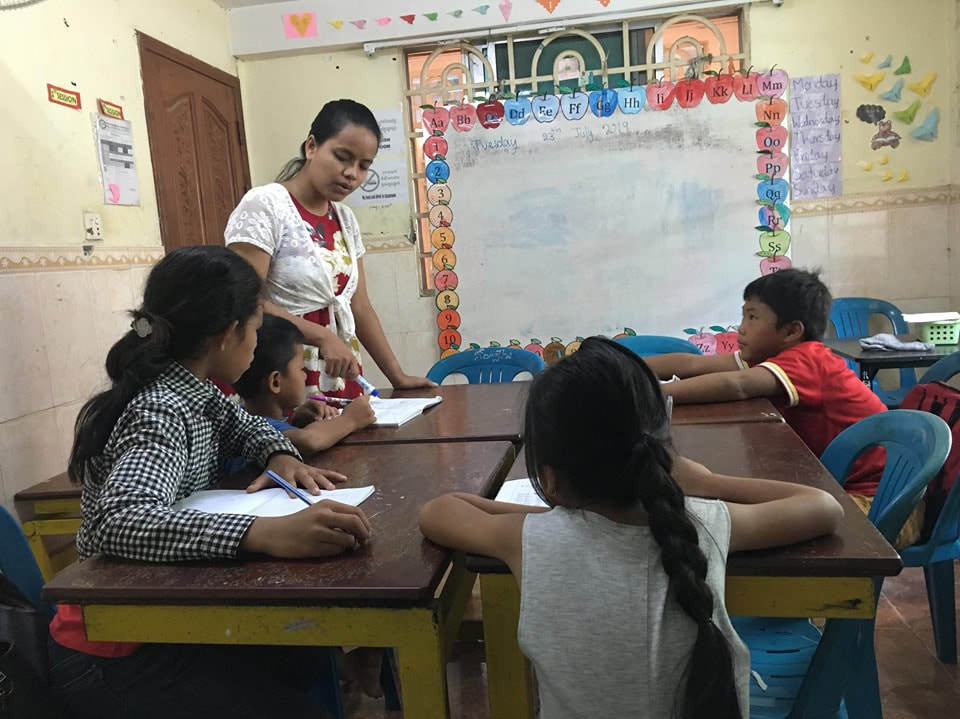At Golden Futures, we have been working with New Future for Children (NFC) for twelve years. We have supported over 30 young people through university and given advice and support in accessing vocational training to many more. From our first loan back in 2008, covering driving lessons for a young man wanting to become a professional driver, to providing university loans for courses as varied as nursing, interior design, fine art and electrical engineering, it has been an ongoing challenge to remain responsive to the needs of our beneficiaries and to tailor the support we give to make sure it has the biggest impact possible. Last year, I had the happy task of visiting Cambodia to catch up with some of our graduates. I met young people with good jobs, houses and families, happily establishing themselves in Cambodian society – far from the vulnerable children they were when we began to work with NFC. It is very rewarding to see the potential in these young people come to fruition, to see the positive impact our support has on their lives and the positive contributions they can make to Cambodian society.
Over twelve years there have been many changes to the way we work, but the key principle that has always underpinned everything we do is the desire for sustainable support that respects the autonomy and potential of our beneficiaries and acknowledges and develops their resources and potential to give back in a range of ways as soon as they are able to.
Over twelve years there have been many changes to the way we work, but the key principle that has always underpinned everything we do is the desire for sustainable support that respects the autonomy and potential of our beneficiaries and acknowledges and develops their resources and potential to give back in a range of ways as soon as they are able to.
Some of the biggest changes to the way we work have been over the past four years. The first was the decision to stop using student volunteers travelling out over their summer break to implement some of the Golden Futures projects. For many years, groups of student volunteers from the University of Nottingham came out to Cambodia to work on our projects. At first this was organised by Student Community Action, then the Student Volunteer Centre, and then for the last few years was taken on by Intervol. When Intervol were unable to find a group of volunteers for us, this forced us to act more quickly on something that we had been considering for years, investigating ways to have a local representative working on Golden Futures projects all year round. Fortunately, we were able to collaborate with Stitchting Dom-Ray and COLT in supporting NFC to take on an additional staff member to focus on supporting the young people at NFC, at the midway house, and in the countryside. When Seng Ratha began working for NFC we were quickly impressed by her initiative and problem-solving skills, together with her understanding of the challenges faced by young people in Cambodia. This change has been a real positive move, and you just need to read through the posts on the different workshops that Ratha has conducted to see the impact she is having.
Another change was the decision to focus on young people paying back by contributing to their local communities rather than through repayments. Whilst asking for financial repayments did allow our borrowers to contribute back, as the system grew we realised that there were some niggling flaws in the system. For example, the amounts that graduates could afford to contribute back were small, and so they would have to contribute for a very long time. Graduate salaries in Cambodia are only around $250-$300 a month, and after food and bills a repayment of $10 a month is a big ask. Then there were the logistics of collecting repayments for NFC in a country where banking services aren’t as developed as they are here in the UK. With these thoughts in mind, it was very exciting to visit the Advanced Centre for Empowerment (ACE) and see their system, in which young people were supported through university, and asked to use the skills they were developing in their courses to contribute to the community as they studied, for example by teaching English in a slum school, or supporting with the administration of the charity. Imitation being the sincerest form of flattery, we resolved to implement a similar programme with the students we were supporting, and Stitching Dom-Ray to do the same with the children from the countryside project. It is only early days, but the initial signs are very positive. The students are keen to contribute in this way and are building confidence and skills that will support them in their future careers – very much what we are about!
Being based in the UK, the quality of our work in Cambodia is down to the quality of our local partners. NFC have been a strong, reliable and trustworthy friend since the beginning, and it is through our connection to NFC that we have been able to develop working relationships with other good organisations working in Cambodia, and to expand the number of young people we are supporting. Looking forward to the next twelve years, I can see a growth in the number of young people we support and organisations we work with and a continued focus on our core values: sustainable support, building the potential of our young people and encouraging them to give back as soon as they are able.




